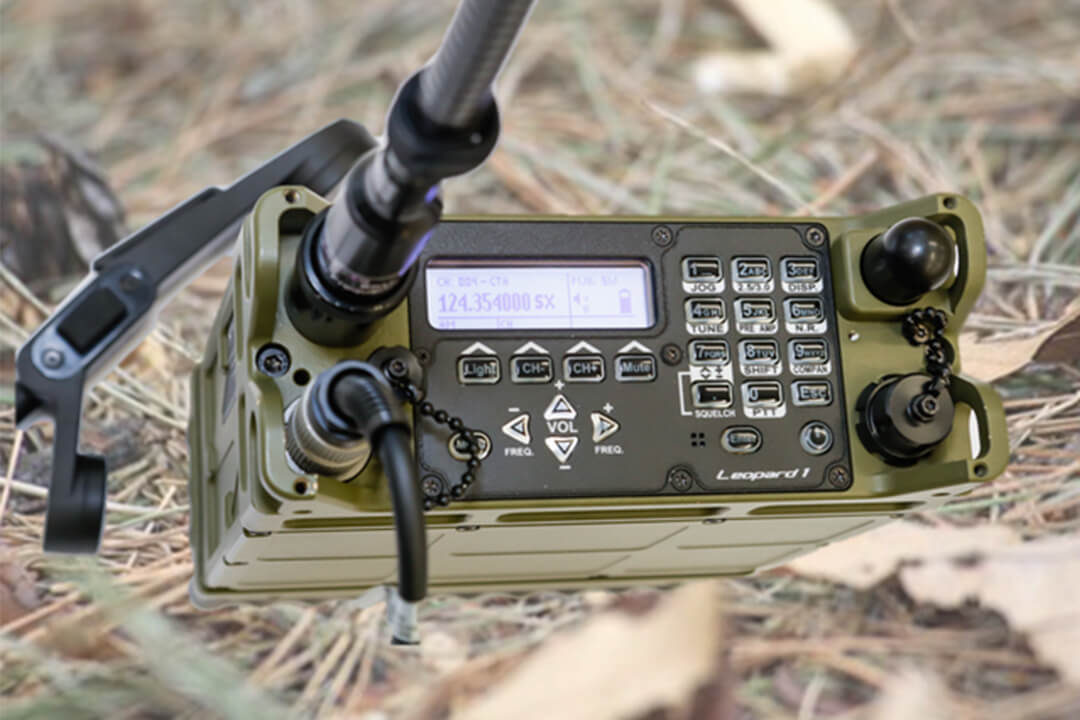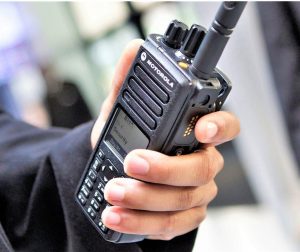Radio communication has undoubtedly revolutionized society, transforming the way we connect, share information, and experience the world. From its humble beginnings to its widespread adoption, radio communication has played a pivotal role in shaping our modern world. In this blog post, we will delve into the multifaceted impact of radio communication on society, exploring its historical significance, technological advancements, and enduring influence.
- Bridging the Distance:
One of the most significant impacts of radio communication is its ability to bridge vast distances, enabling instantaneous communication across borders and continents. Before the advent of radio, long-distance communication was limited to telegraphs and letters, which were time-consuming and often unreliable. Radio communication revolutionized this by allowing real-time transmission of information, connecting people across the globe and fostering a sense of global community. - Spreading Information and News:
Radio communication has been instrumental in disseminating information and news to the masses. With the rise of radio broadcasting, news, entertainment, and educational programs became accessible to a wide audience. Radio stations played a crucial role in delivering breaking news, weather updates, and cultural content, thereby shaping public opinion and fostering a sense of shared experiences. - Empowering Communication in Times of Crisis:
During times of crisis, radio communication has proven to be a lifeline for communities. Whether it be natural disasters, wars, or emergencies, radio has served as a reliable source of information, providing critical updates and instructions to the affected population. Its ability to function independently of other infrastructure, such as electricity or internet, makes it an invaluable tool for emergency communication and disaster management. - Cultural Exchange and Entertainment:
Radio communication has facilitated cultural exchange and brought diverse forms of entertainment into people's homes. Through radio, people could tune in to music, dramas, and talk shows from different regions and cultures, broadening their horizons and fostering cross-cultural understanding. Radio also played a significant role in promoting local artists and musicians, giving them a platform to showcase their talents and reach a wider audience. - Technological Advancements and Beyond:
The impact of radio communication extends beyond its traditional form. With advancements in technology, radio has evolved into various forms, such as satellite radio, internet radio, and podcasts. These innovations have further expanded the reach and accessibility of radio, allowing people to listen to their favorite programs anytime, anywhere. Additionally, radio frequency identification (RFID) technology, which relies on radio waves, has revolutionized supply chain management, asset tracking, and inventory control in various industries.
Conclusion:
Radio communication has left an indelible mark on society, transforming the way we communicate, access information, and experience entertainment. From its ability to bridge distances and connect people globally to its role in spreading news and empowering communities during crises, radio has proven to be a powerful medium. As technology continues to advance, radio communication will undoubtedly continue to evolve, shaping our society in ways we cannot yet imagine.




+ There are no comments
Add yours